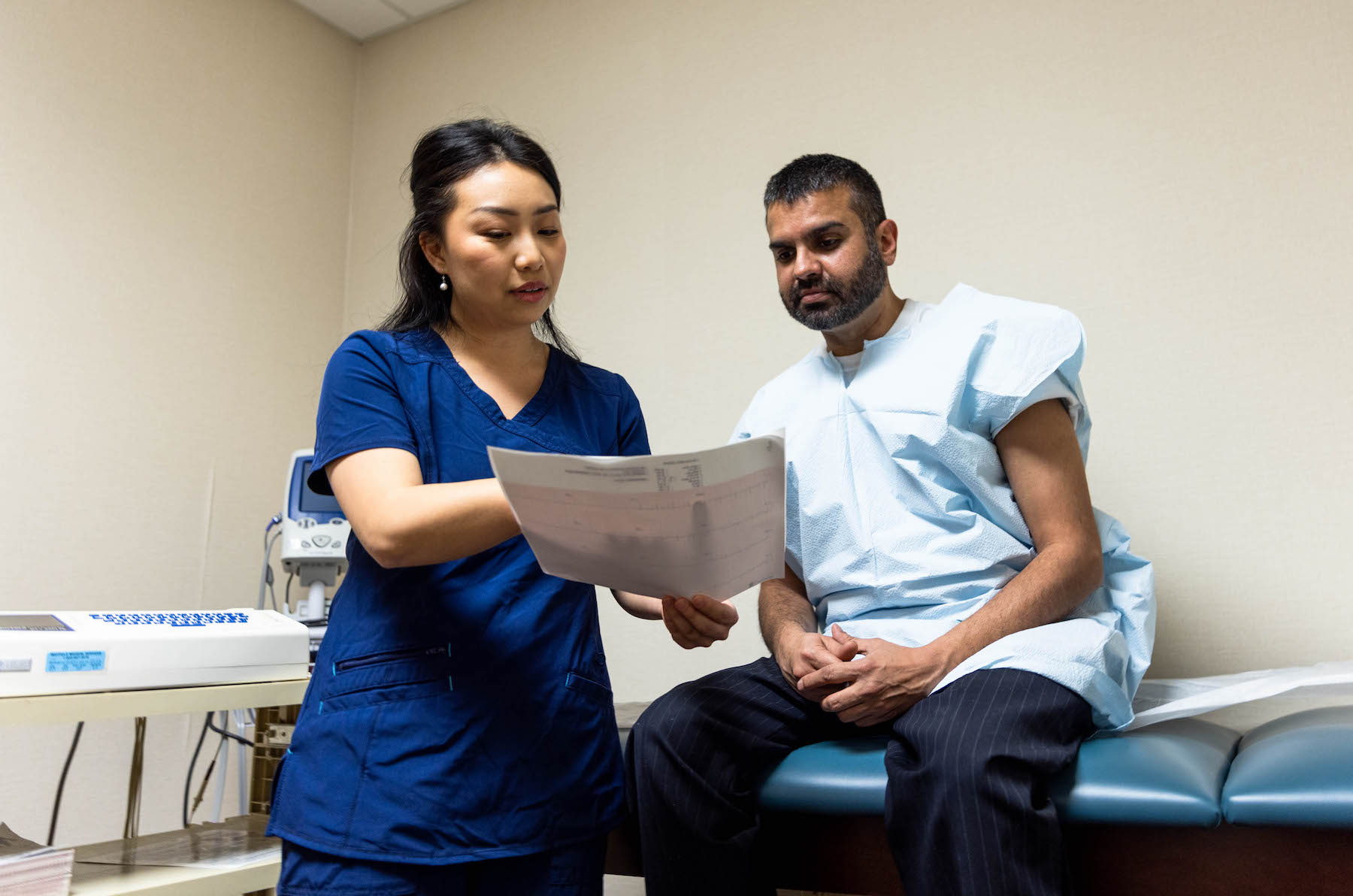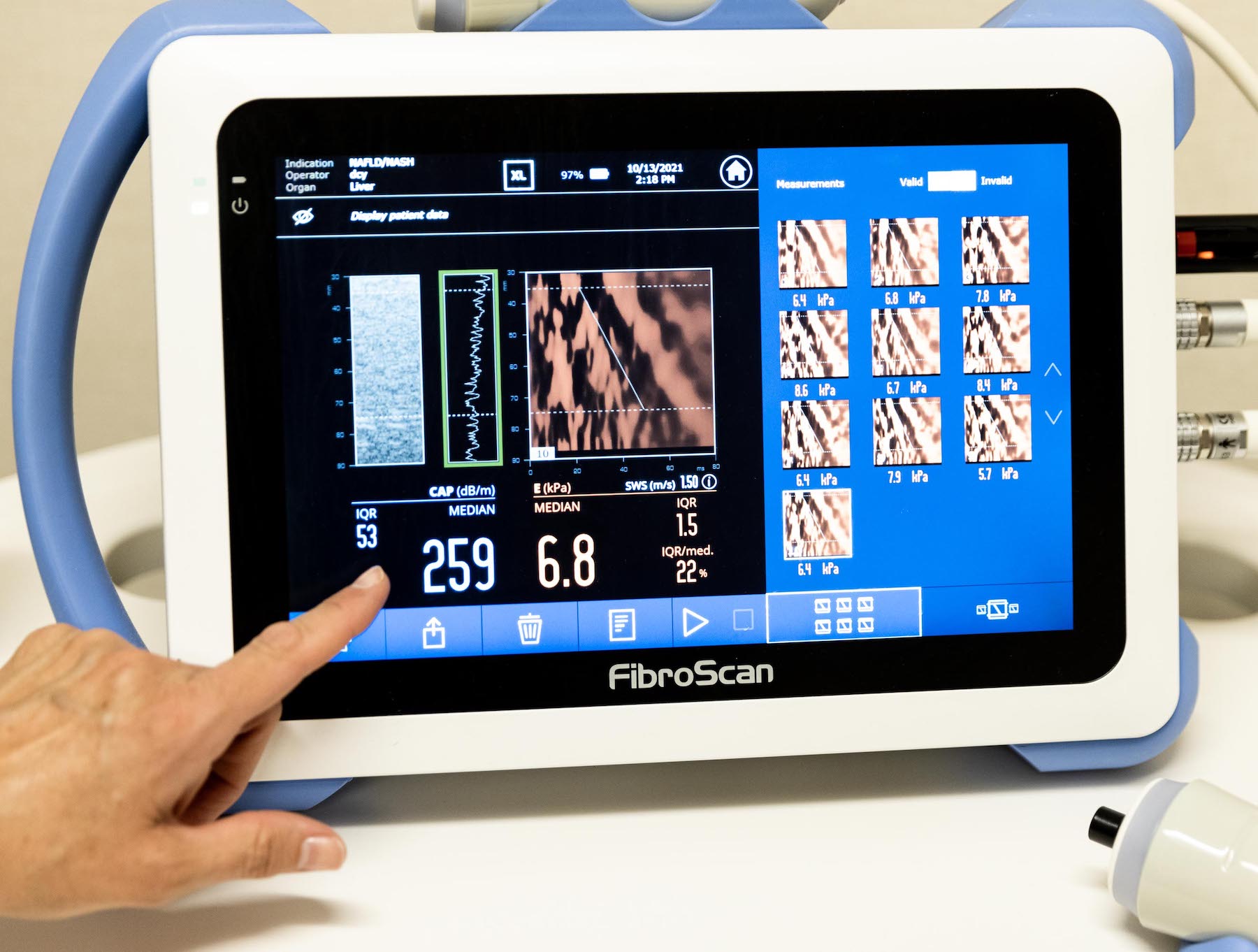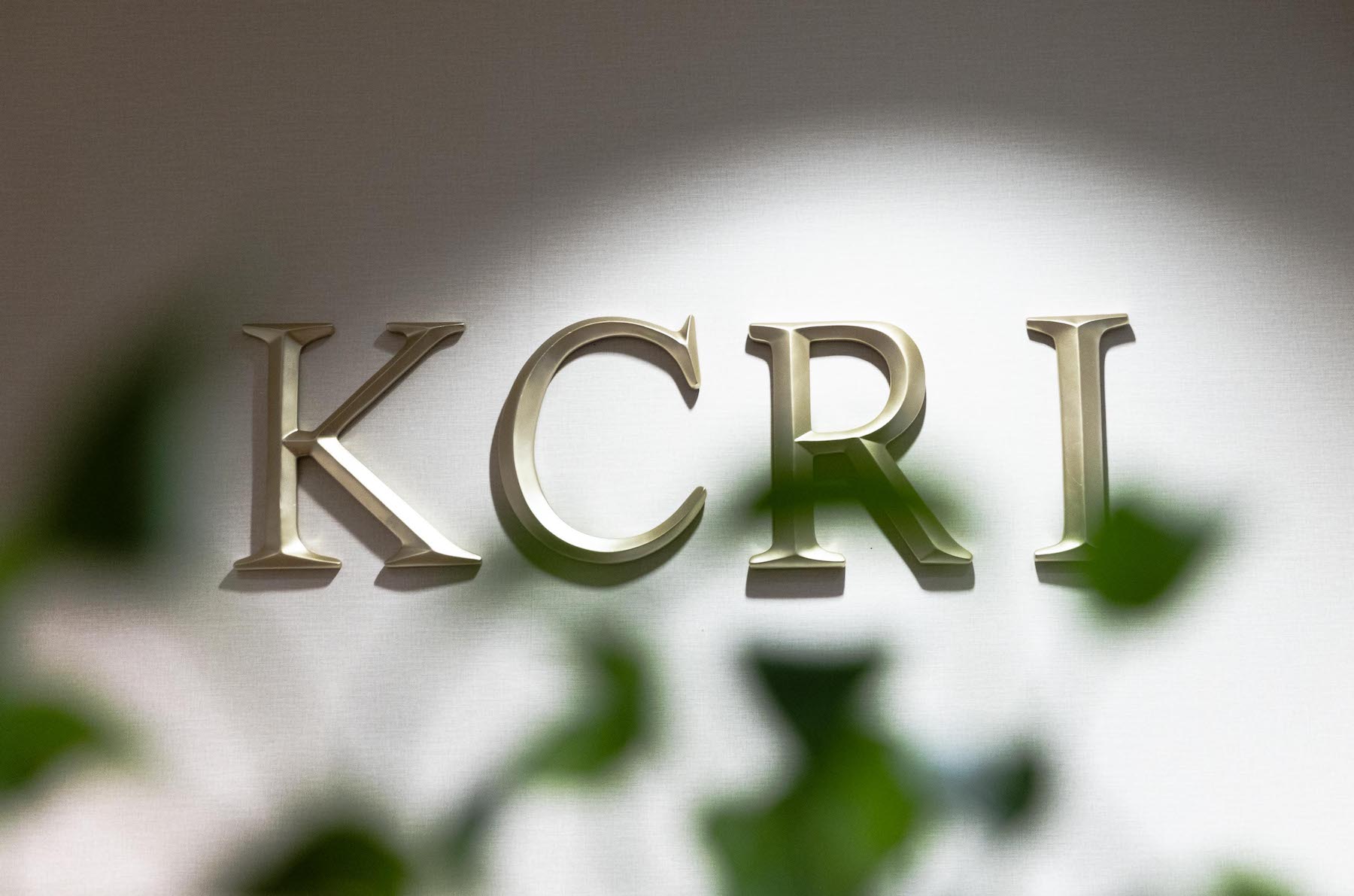What is Primary Biliary Cholangitis?
Primary Biliary Cholangitis, or PBC, is an autoimmune disease that affects the bile ducts of the liver, causing inflammation. PBC is a chronic liver disease that has no cure and minimal treatment options. It occurs as a result of bile that is produced in the liver and travels through the intrahepatic ducts to the small intestine where it aids in digestion of fat and fat-soluble vitamins (A,D,E and K). When the ducts become damaged, bile will build up in the liver causing inflammation and scarring (fibrosis) to occur.
Eventually, this scarring can progress to cirrhosis. This occurs as the healthy tissue is replaced by scarring, making it difficult for the liver to function properly.
Risk Factor
- Unknown, Potentially Genetics
Symptoms
- Itching of the skin (pruritus) – most common
- Fatigue – very common
- Abdominal pain
- Darkening of the skin
- Small yellow or white bumps under the skin or around the eyes
Treatments
- Ursodiol (Actigall, URSO 250, URSO Forte)
- Obeticholic Acid (Ocaliva)
- There is no cure for PBC.

Be Proactive Against PBC
Most patients are diagnosed with PBC later in life and is typically the result of an incidental finding during routine laboratory tests. Once PBC is suspected, patients may need additional laboratory tests. It is also common for patients to undergo a liver biopsy procedure to confirm diagnosis.
Since there is no cure, treatments that are available help to manage the symptoms associated with PBC. You can be proactive with your health by making the below lifestyle changes to help prevent symptoms and improve overall quality of life.
- – Reduce sodium intake
- – Maintain a healthy weight
- – Drink plenty of water
- – Avoid or lower intake of alcohol
- – Avoid stress when possible
- – Exercise
- – Stop smoking
- – Maintain good skin care

FAQs about PBC
Frequently Asked Questions
How does KCRI diagnose PBC?
Currently the only true way to confirm PBC is a liver biopsy. Whereas for fibrosis and fatty liver disease we focus on ALT and AST labs, with PBC, we focus on your alkaline phosotate (ALP). If your ALP is chronically elevated or you have a positive AMA (anti-mitochondrial antibody), then we will recommend a liver biopsy.
A liver biopsy is conducted under general anesthesia and uses a needle to take a small sample of your liver to look at under a microscope.
Can KCRI provide medication for itching?
Yes! There are medications that are safe to take to help treat itching as a result of PBC, even if it has spread beyond the palms of your hands and soles of your feet. Discuss possible options with your doctor.
Is there a treatment for PBC?
Yes, there is approved treatment for PBC (Ursodeoxycolic Acid, or Ursodiol; and Obetacholic Acid, or Ocalava). However, if this approved medication doesn’t work for your budget or medical history, we can help match you to clinical trials that could potentially help.
If my family member has PBC, should I get tested?
Yes. You should have your liver enzymes checked to see if your alkaline phosphatase level is elevated.
Don't see the study you're looking for?
Those that Participate:
- See a board-certified physician at no cost
- Have access to possible new treatment options before the general public
- May be compensated for time and travel
We are continually getting new research studies for all types of conditions. Submit your information today to be contacted for upcoming research opportunities.




